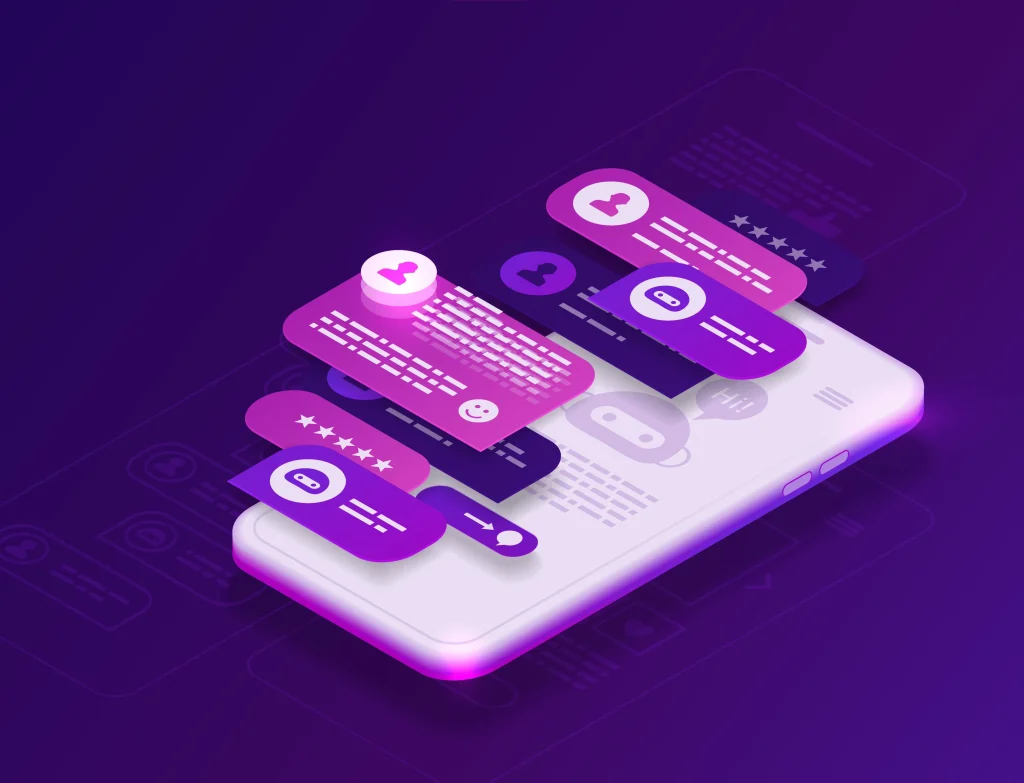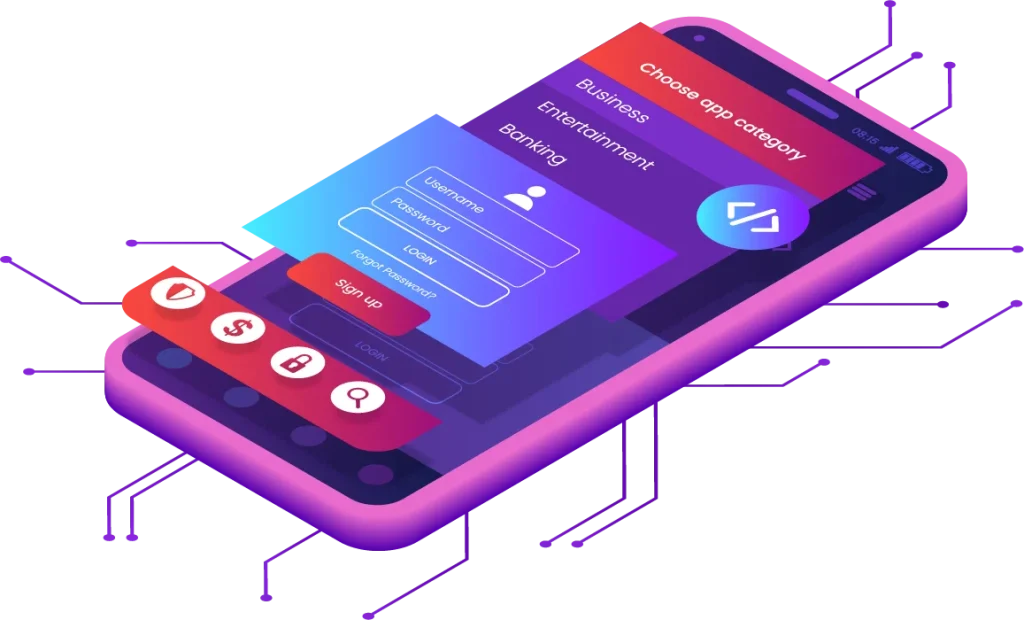Mobile applications have evolved into an indispensable part of everyday life, facilitating communication, commerce, entertainment, and productivity. As technology advances, developers are exploring innovative ways to streamline app development, improve performance, and enhance user experiences. While traditionally associated with web development, PHP is now making inroads into mobile app development, offering developers a new avenue to build dynamic and scalable mobile applications. This blog explores the role of PHP in mobile app development, its advantages, and what the future holds for PHP-powered mobile apps.
PHP's Role in Web and Mobile Development
PHP (Hypertext Preprocessor) has long been a dominant language for web development, powering over 75% of websites worldwide. Known for its simplicity, flexibility, and extensive ecosystem, PHP has been instrumental in building dynamic websites and web applications. With the emergence of mobile-first strategies, developers are now leveraging PHP to create mobile applications that offer seamless user experiences across multiple devices.
Although PHP is not a native mobile app development language like Swift (for iOS) or Kotlin (for Android), it plays a crucial role in backend development, API integrations, and server-side scripting. Through frameworks and tools such as Laravel, Symfony, and Lumen, PHP facilitates the creation of powerful, scalable mobile applications that connect with databases, manage user authentication, and handle real-time interactions.
How PHP Integrates with Mobile Apps
PHP enables mobile app development through various approaches, including:
Backend Development for Mobile Apps
Mobile applications require a robust backend to manage data, user authentication, and business logic. PHP, combined with frameworks like Laravel and CodeIgniter, provides a secure and scalable backend infrastructure that interacts with mobile front-end applications seamlessly. APIs developed in PHP can be consumed by mobile apps to fetch and store data efficiently.
Progressive Web Apps (PWAs)
Progressive Web Apps (PWAs) bridge the gap between web and mobile applications by offering a native-like experience in a web browser. PHP plays a key role in developing the backend of PWAs, managing server-side processing, and ensuring smooth user interactions. With service workers and caching strategies, PHP-based PWAs deliver fast loading speeds and offline functionality.
Hybrid Mobile Applications
Hybrid mobile apps, built using frameworks like Ionic, React Native, and Flutter, often rely on PHP for backend support. By using PHP-based RESTful APIs, developers can fetch dynamic content, authenticate users, and manage real-time functionalities in hybrid mobile applications.
Cross-Platform Development with PHP
While PHP is not a direct language for developing native mobile applications, tools like React Native, PhoneGap, and Apache Cordova allow developers to create cross-platform apps using web technologies (HTML, CSS, JavaScript) while integrating PHP-based backend systems. This enables a cost-effective approach to mobile development, reducing the need for separate native apps for Android and iOS.
Benefits of Using PHP in Mobile App Development
Cost-Effective Development
PHP is an open-source language, making it a cost-effective option for startups and businesses. It allows them to develop mobile applications without heavy investment in backend infrastructure. The vast availability of PHP developers also reduces hiring costs.
Scalability and Performance
Modern PHP frameworks like Laravel and Symfony offer scalability and performance enhancements, making it possible to handle large volumes of data and user requests. These frameworks support caching mechanisms, database optimizations, and API management, ensuring smooth mobile app performance.
Security Features
Security is a top concern in mobile app development. PHP frameworks offer built-in security features such as data encryption, secure authentication, and protection against SQL injection and cross-site scripting (XSS). This ensures that mobile applications remain secure against cyber threats.
Rapid Development with PHP Frameworks
PHP frameworks streamline development by offering pre-built modules, authentication systems, and database management tools. Laravel, for instance, provides elegant syntax, routing, and middleware capabilities that accelerate mobile backend development.
API-First Approach
Mobile applications often rely on APIs to communicate with backend services. PHP excels in API development, allowing developers to create RESTful APIs using tools like Lumen and Slim. These APIs enable seamless interaction between mobile front-end applications and server-side databases.
The Future of PHP in Mobile App Development
As mobile technology continues to evolve, PHP’s role in mobile app development is set to expand further. Here are some trends that indicate a promising future for PHP-powered mobile applications:
PHP and AI Integration
Artificial Intelligence (AI) is transforming mobile applications, offering personalized experiences and automation. PHP frameworks are beginning to incorporate AI capabilities, enabling developers to build intelligent chatbots, recommendation systems, and predictive analytics within mobile apps.
Cloud-Based PHP Applications
Cloud computing is revolutionizing mobile app development by providing scalable infrastructure and real-time processing power. PHP’s compatibility with cloud platforms like AWS, Google Cloud, and Microsoft Azure allows developers to create cloud-based mobile applications that offer enhanced performance and reliability.
PHP-Powered IoT Applications
The Internet of Things (IoT) is reshaping industries, and PHP is becoming a viable choice for IoT backend development. Mobile applications that control IoT devices, such as smart home automation systems and industrial monitoring solutions, can leverage PHP APIs for seamless connectivity and data management.
GraphQL with PHP for Efficient Data Fetching
GraphQL is gaining popularity as an alternative to RESTful APIs due to its efficient data-fetching capabilities. PHP supports GraphQL implementations, allowing mobile applications to request specific data without over-fetching, thereby improving performance and reducing server load.
Enhanced Performance with PHP 8
The release of PHP 8 introduced features like Just-In-Time (JIT) compilation, which significantly boosts performance. This advancement makes PHP a more viable choice for mobile backend development, ensuring faster response times and reduced latency in mobile applications.
Conclusion
PHP is no longer limited to web development; it is gradually becoming an integral part of mobile application development. By serving as a powerful backend solution for native, hybrid, and progressive web applications, PHP is paving the way for cost-effective, scalable, and secure mobile apps. As emerging technologies like AI, IoT, and cloud computing continue to shape the mobile landscape, PHP will remain a relevant and valuable tool for developers. Businesses looking to leverage PHP for mobile app development can benefit from its vast ecosystem, security features, and rapid development capabilities. The future of mobile apps with PHP is bright, offering endless possibilities for innovation and growth.



